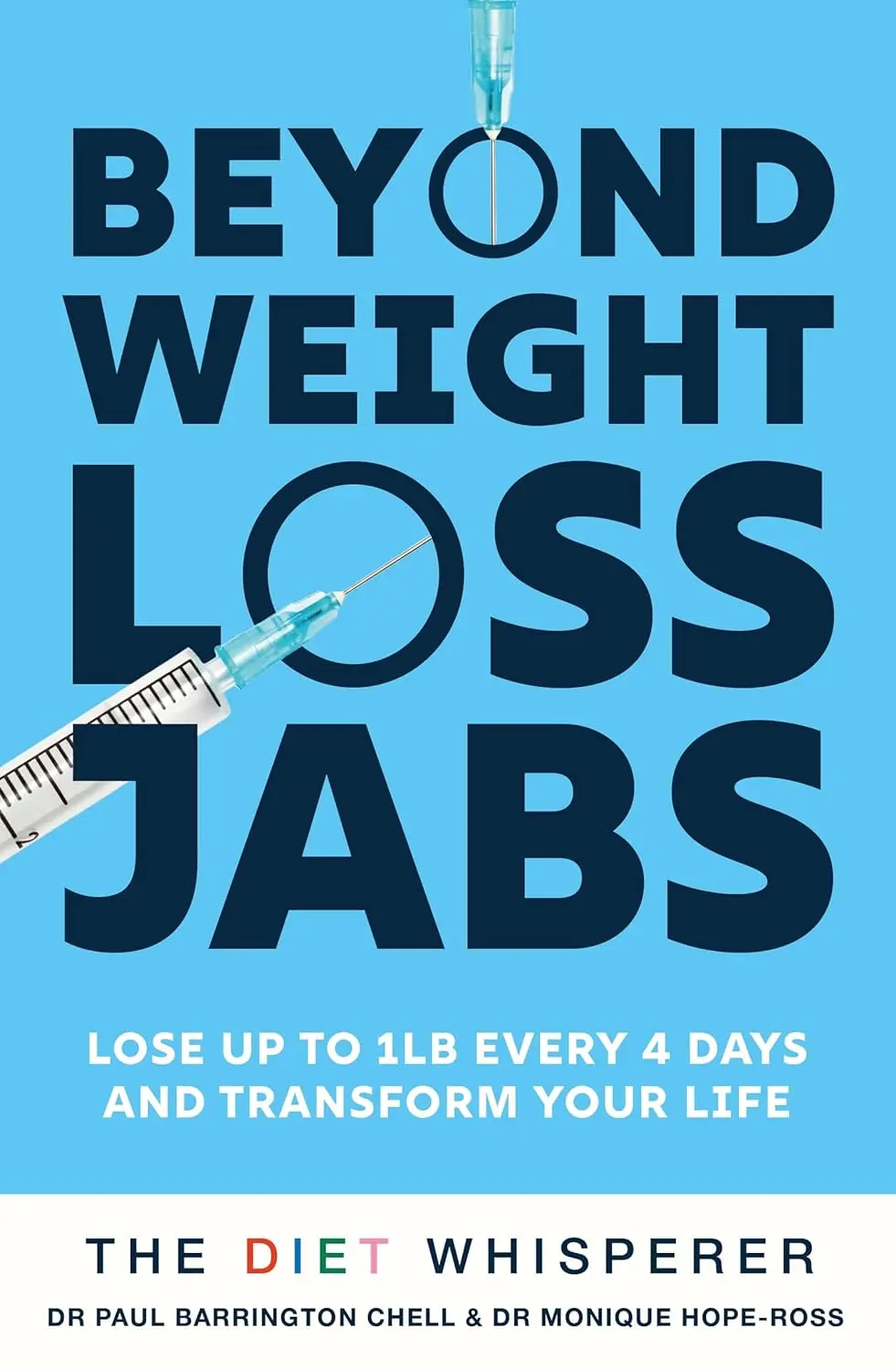How your Metabolism affects your chance of catching Covid-19
Published: 1st November 2020
Dr Monique Hope-Ross and Dr Paul B Chell
Your metabolism determines not just your risk of catching covid-19, but also the severity of the infection. In stark reality, your metabolism determines whether you are hospitalised and whether you live or die. If your metabolism is healthy, your risks are minimised.
The commonest metabolic abnormalities, in our society are found in metabolic syndrome; the silent deadly killer which kills far more people prematurely than covid-19. With the rising tide of metabolic syndrome, our health care systems and economies will be overwhelmed, not by coronavirus, but by metabolic syndrome and its associated illnesses. You and your loved ones will slowly but surely, find it more and more difficult to access health care; it really is that serious. Metabolic syndrome is a constellation of metabolic changes, characterised by three of the following:
- Hypertension
- Raised blood sugar or diabetes
- Abdominal obesity
- High cholesterol (or on treatment)
- High triglycerides (or on treatment)
Poor diet and lifestyle choices predispose to the development of metabolic syndrome, but it is strongly associated with obesity, in particular belly fat and sedentary lifestyles. 80% of obese people have metabolic syndrome but it also occurs in people of normal weight, who have belly fat. Belly fat or visceral fat is laid down deep in the abdomen around vital organs and the fat itself becomes an active organ, producing over 20 hormones, setting up a cycle of insulin resistance and inflammation. These changes predispose people to heart disease, diabetes, strokes, cancer and many other diseases. You may be surprised to read that over a third of Americans, that is over 100 million people, have metabolic syndrome; The other two thirds of the population are on their way down the metabolic highway, (but not the whisperers!) and 80% of all adults have one or more abnormal metabolic markers. Diet and lifestyle changes can reverse metabolic syndrome and prevent the road to long-term ill health.
If you think you may be affected arrange an appointment with your doctor.
The really great news is that you can use the whisperer plan to turn around your metabolism, even if you have been diagnosed with metabolic syndrome. And the fantastic news is that improvements begin within weeks of changing your diet and lifestyle. And remember, not only will you feel great and be healthier, but you will be less likely to suffer or die from covid-19. So, what are you waiting for!
Vitamin D in Health
Low vitamin D is ubiquitous worldwide and a true global health problem. Created in the skin under the influence of sunlight, it is estimated that 50% of people in the northern hemisphere are affected by low vitamin D. Vitamin D plays an essential role in bone health and also keeps our immune system alive and kicking. Long-term vitamin D deficiency increases the risk of countless diseases. A recent metanalysis (review of many studies) showed that obese people have a higher risk of vitamin D deficiency. The most readily accepted hypothesis is that vitamin D, being fat soluble, is over-absorbed by fatty tissue. The causes are however multifactorial with additional mechanisms at play, including diet, lifestyle, and in particular sun exposure. Public Health England recommend that everyone should consider taking a Vitamin D supplement, particularly in the winter. The optimum daily dose of Vitamin D is between 400-1000 IU (10-25 micrograms) and should not exceed 4000 IU per day.
Public Health England recommend that everyone should consider taking a Vitamin D supplement, particularly in the winter. The optimum daily dose of Vitamin D is between 400-1000 IU (10-25 micrograms) and should not exceed 4000 IU per day.
Vitamin D in Covid-19
Emerging evidence finds that vitamin D deficiency is associated with a higher risk of developing COVID-19 infection, this is not entirely surprising given the importance of vitamin D in a maintaining a healthy immune system. In addition, low vitamin D levels are associated with poor outcomes in patients with Covid-19. High dose vitamin D has been shown to be of benefit in pilot studies. While these findings are not conclusive, (correlation vs causation), there is much discussion about the role of vitamin D in protection against coronavirus. Vitamin D levels drop in the winter due to lack of sunshine. Vitamin D is present in certain foods such as oily fish, eggs, fortified foods and red meat. However, getting enough Vitamin D from your diet may be difficult, if not impossible. We should all strongly consider taking supplemental Vitamin D both for health and protection against covid-19. After all, we all do at whisperer HQ!
Long Covid-19
Long covid-19, may actually be four different syndromes, according to a review of the National Institute for Health Research data, published in the British Medical Journal this week. It can follow a relatively mild covid illness, and affects between 10-35% of people. Long covid lacks a disease definition and the diagnosis is considered if symptoms persist beyond three weeks of the initial infection. It represents a wide constellation of symptoms, affecting different parts of the body including low-grade fever, fatigue and cough, all of which may come and go. The risk is increased in the presence of metabolic disorders, such as metabolic syndrome. There is no proven treatment to date and medical management is aimed at treating symptoms and support with lifestyle advice. This includes rest and relaxation, gradual increase in exercise and setting recovery goals. Athletes returning to exercise need to follow a graded exercise programme. Most patients recover spontaneously, but this can be slow. ONCE AGAIN A MESSAGE, LOUD AND CLEAR THAT YOUR METABOLISM MATTERS.
Covid Snippets
Interest wains around hydroxychloroquine, after several clinical studies show it is not effective in the treatment of coronavirus infection. In fact, the National Institute for Health has halted its clinical trial, stating hydroxychloroquine did not confer any benefit. People in China who wear eyeglasses are under-represented in the patients hospitalised from Covid-19, states a recent study published by Zeng in JAMA. This is surprising, as age is a major factor for serious outcome, but also older people are more likely to wear glasses. So, it seems people who wear glasses are less likely to develop Covid-19. It may be that people who wear glasses are prevented from touching their eyes, or that the virus is directly impeded by the glasses. The mechanism is unclear, but the message is not. WASH YOUR HANDS AND DON’T TOUCH YOUR EYES!
Over time peoples’ Covid-19 antibody titres go down, says Elliott et al in a recent study from Imperial College London. But, we still do not know that reducing antibody titres means reduced immunity, as T-cells play a role in immune memory too. WATCH THIS SPACE.
Good luck to you all in your whisperer journey,

